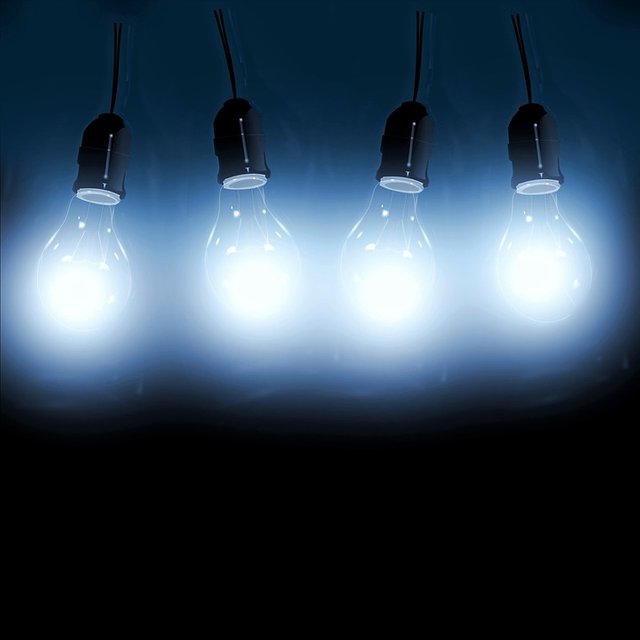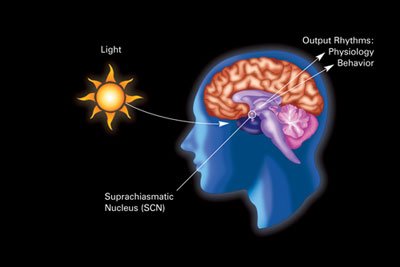Bright Light May Accelerate Aging
Research on mice suggests that constant exposure to artificial light can speed up the aging process - increasing inflammation, bone and muscle loss
There is already a general consensus that exposure to the blue light spectrum can interfere with our circadian rhythms - altering finely regulated processes with potentially severe consequences. After all, shift work is known to significantly raise risk of a large number of health problems including cancer and osteoporosis - both associated strongly with aging. Mice are similarly affected by overexposure to bright lighting, and it may have more severe consequences than initially believed.
Disruption may have big consequences
Research at Leiden University Medical Center has discovered that mice living in constant bright light experienced a loss of bone density, muscle atrophy and raised inflammation. These mice had electrodes implanted in the area of the brain dedicated to circadian rhythm control and response to light cues, in order to measure neuron activity. When these mice were housed in brightly lit cages for 24 weeks, despite being able to convert bedding into nests to limit the light, neuronal activity patterns still shifted to irregular firing - increasing their rhythmic day cycle.
While the research doesn't necessarily apply to humans, and it's unclear whether the light itself or its detrimental effect on sleep is to blame. it does raise important questions however over the modern, urban human lifestyle; increasingly saturated with light at all times of day.
“We came to know that smoking was bad, or that sugar is bad, but light was never an issue. Light and darkness matter", speaking about circadian rhythms lead researcher Meijer said, "There is no other region of the brain we know so much about, it has been a beautiful model for neuroscience research. But only in the last five to seven years have we realized it is also essential for health”
Read more at Scientific American
From The Longevity Reporter: The Weekly Newsletter About Aging



Upvoted